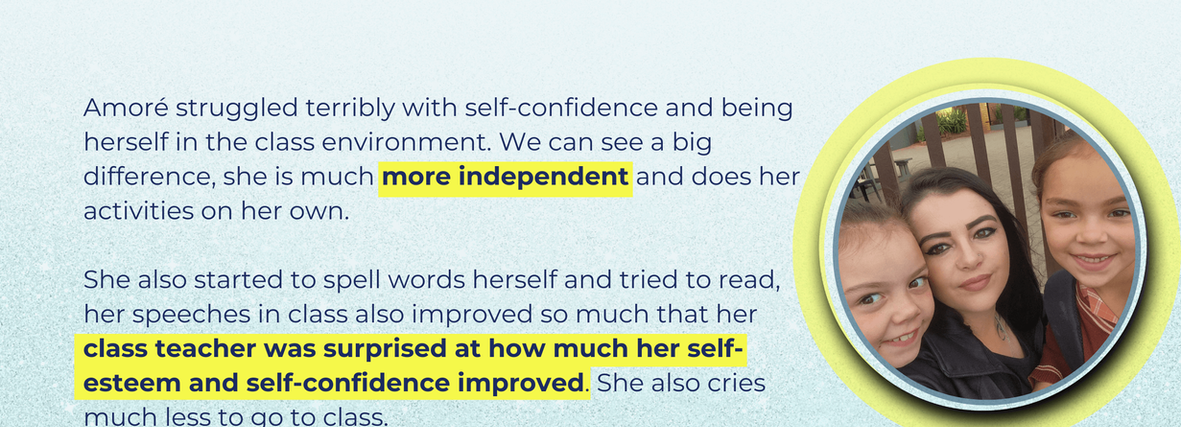What Are Cognitive Skills and Why Do They Matter?
Cognitive skills are the foundation for how we think, learn, and interact with the world. These skills help us process information, stay focused, remember instructions, and solve problems.
Imagine a child who constantly forgets instructions or struggles to stay focused during class. This child isn’t lazy or unmotivated—they may simply be struggling with weak cognitive skills.
Cognitive skills influence everything from learning in the classroom to following through on daily routines at home. If these skills aren’t functioning properly, children may find it difficult to complete even simple tasks, leading to frustration and anxiety.
By strengthening cognitive skills, children can improve their ability to learn, stay organised, and achieve greater success in both academic and social settings.

At Biolink we use scientifically-backed methods
To target specific cognitive skills
We can strengthen these areas and help your child overcome the challenges they face due to weak cognitive skills.
Strengthening these skills helps children:
Stay focused and engaged during lessons and tasks.
Follow instructions without constant reminders.
Remember and recall important information.
Organise and complete tasks independently.
Handle multitasking and shift between tasks with ease.

Why Neurodivergent Children Struggle with Cognitive Skills
Neurodivergent children, including those with ADHD, autism, dyslexia, and other learning differences, often experience significant challenges with Cognitive skills. Here’s why:
-
Attention Issues: Neurodivergent children may struggle with attention, making it hard to focus on tasks that don’t interest them, filter out distractions, or maintain sustained focus over time.
-
Working Memory Challenges: Working memory is essential for holding onto information while using it, like solving a math problem or following multi-step instructions. Neurodivergent children often have difficulty holding and processing this information simultaneously, leading to confusion or errors.
-
Processing Speed: For some children, processing information can take longer. This means they might struggle to keep up in fast-paced environments like a classroom, where instructions are given quickly, and tasks need to be completed promptly.
-
Impulse Control and Flexibility: Many neurodivergent children find it difficult to plan, prioritise, and shift between tasks. They may get stuck on one idea, have difficulty following through with plans, or be easily overwhelmed by changes in routine.
-
Sensory Processing: Some children on the autism spectrum, for example, may also have difficulties with sensory processing. This means they can be easily overwhelmed by too much noise, light, or other sensory input, making it even harder to focus and process information.
We get a lot of FANMAIL

.png)











